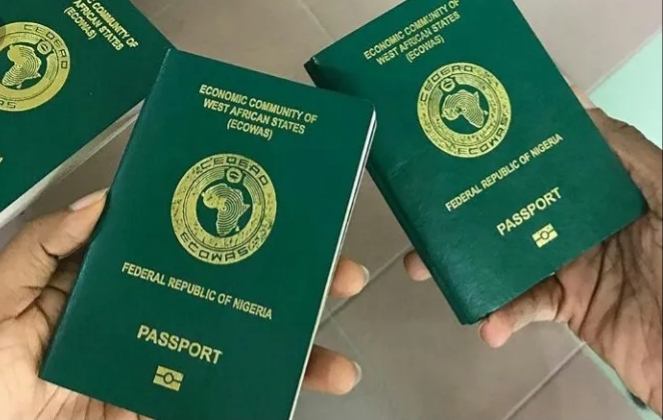Living in the United States on a visa comes with specific time limitations, and overstaying beyond that period can lead to serious immigration consequences.
Many people fail to keep track of their visa expiration dates, and once they realize their visa has lapsed, they may panic or attempt to avoid immigration authorities—often resulting in deportation.
However, rather than hiding or ignoring the issue, there are important steps you can take to manage the situation responsibly and reduce the risk of deportation. Here are five key actions to consider:
1. Understand Your Overstay Duration
Not all visa overstays lead to immediate penalties. If you’ve overstayed your visa by less than 180 days and you leave the country voluntarily, you may not face serious repercussions. But if you remain in the U.S. for more than 180 days after your visa expires, you could face a re-entry ban of three to ten years. It’s crucial to keep track of how long you’ve overstayed and act swiftly.
2. Speak With an Immigration Lawyer
Consulting an experienced immigration attorney is one of the smartest moves you can make. A legal expert can assess your specific situation, explain your options, and help you pursue a remedy such as an extension, change of status, or legal defense if removal proceedings begin.
3. Apply to Change or Extend Your Status
If you qualify, applying for a change or extension of your immigration status can help resolve your overstay. For example, if you’re pursuing education, undergoing medical treatment, or have family ties in the U.S., these may serve as valid reasons to request a change in status. In some cases, you may even qualify for a longer-term or permanent option.
4. Comply With Immigration Authorities
If U.S. immigration officials reach out for information or an interview, cooperate fully. Avoiding authorities can worsen your case. With the help of your lawyer, you may apply for relief such as “cancellation of removal.” Remaining calm and compliant can positively influence your case.
5. Explore Protective Options
Certain humanitarian programs may help protect you from deportation.
For example, if returning to your home country puts you at risk due to war, persecution, or other serious issues, you might be eligible for asylum, Temporary Protected Status (TPS), or Deferred Action for Childhood Arrivals (DACA).
These forms of relief provide temporary legal status and, in some cases, a path to permanent residency.


